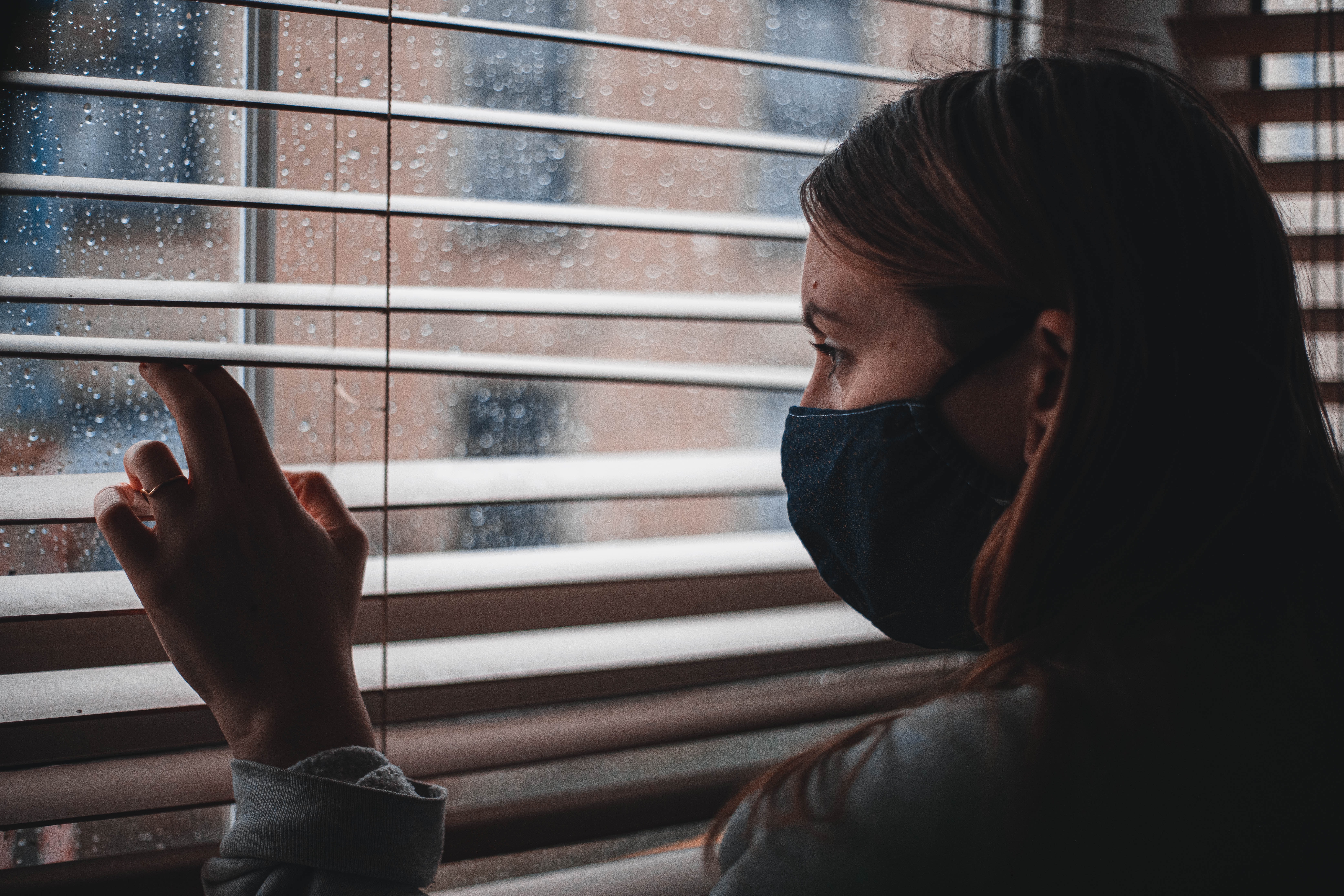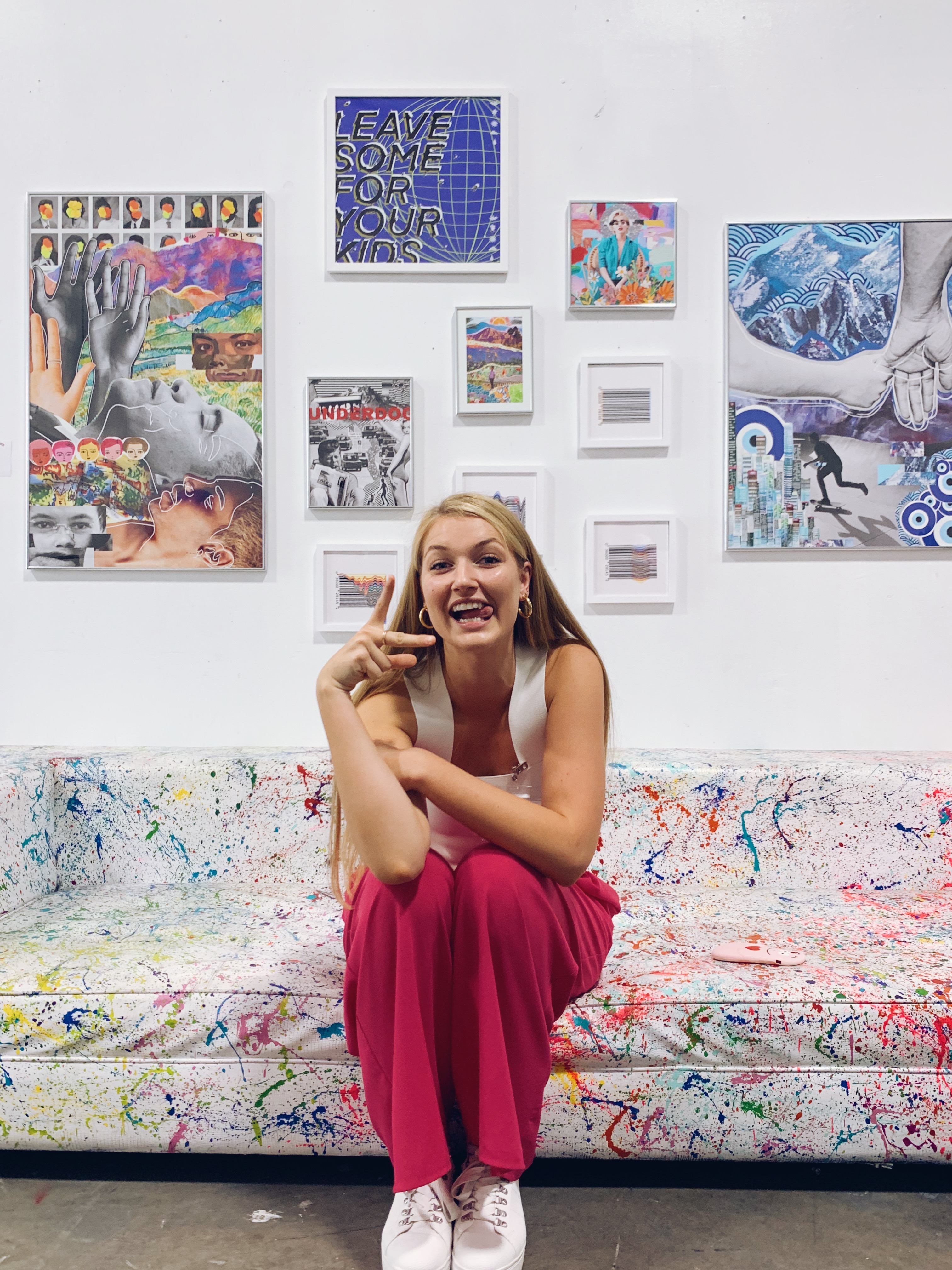
How did Gen Z cope with 2020?
2020 was the most formative year of many Gen Zers’ lives. A panoramic, a polaroid, and a pandemonium… all in one. We were ripped from schools, activities, and any social interactions. Now I know what you’re saying… everyone suffered massive social, career, and personal losses. However, experiencing this during one’s preteen, teenage, or college years makes for a truly unique outlook. To understand the inner workings of a Gen Z mind during the pandemic, look to the memes and movements that gave us hope, helped us cope, and shaped our year.
Keeping up with trends: the only consistency in an inconsistent year.
Despite the drastic mess that was 2020, Gen Z generated some iconic moments. At JUV Consulting, we asked our network of 5,000 young people about the top trends of 2020. Responses ranged from “5 inch inseam shorts” to “body positivity” (Gen Z has range!). In a time when nothing was certain and the whole world was grieving, the moments that gave us joy were diverse, wide-ranging, and sometimes downright silly. But, after analyzing Gen Z’s 2020 experiences, it’s safe to say that the moments that defined this transformative year are a microcosm of what the next decade has in store.

From body positivity to mystical methods, the 20 trends that defined 2020 are as dynamic as Gen Z itself. However, on a high level, we found three overarching themes: unity, underdogs, and escapism.
For Gen Z, underdogs are leading the pack.
In December, the internet collaborated on the first fan-made TikTok production: Ratatouille The Musical. Young people became screenwriters, producers, actors, and directors with no real plan, structure, or leaders. Yet somehow, an online sensation was born. The outcome might seem silly, but it embodies exactly what the future holds for Gen Z.
Why Ratatouille? The plotline of Ratatouille itself is a call to action that mobilizes underdogs and has taught Gen Z from day one that anyone can be anything – regardless of background, ability, identity, or qualification (hence Remy, the rat being a professional chef). The idea of underdogs shines through in other 2020 trends as well. Take body positivity for example, where a 16-year old creator Sienna Mae Gomez has amassed 14+ MILLION followers on TikTok by posting content that highlights her imperfections. For previous generations, perfection is what has classified beauty icons… but in 2020 Gen Z made it clear that underdogs are the breakthrough stars in every industry.
Ad-hoc projects inspired by this level of spontaneity are gaining momentum across the internet, with new original musicals popping up for popular TV shows, individuals making life decisions based on TikTok comments, and even newly formed political organizing groups having major impact on the Gen Z social and political consciousness. For example, these same underdog sentiments enabled young reddit users to become unexpected heroes by skyrocketing the price of Gamestop stocks in 2021. The idea that young people could take on hedge funds became not only a financial sensation, but an online Gen Z frenzy as well. This is just the beginning. These examples may seem unrelated, but the sentiment that caused them is the same, so we will be seeing a lot more young underdogs disrupting every industry moving forward after 2020.
Young people unified over social media, especially last year.
In addition, young people unified and organized, irrespective of their own personal hardships, to focus on the greater good.Throughout 2020 Gen Zers banded together to protest, educate, create new organizations, march, and so much more. The Black Lives Matter movement and awakening during the summer was led by young people tired of wishing injustice would end; banding together, safely (in person and online), to create the world that we want to see.

In the meantime though, Gen Z is visualizing and manifesting that world in every way possible. Escapism entails the ways that Gen Zers are skirting their current realities and finding solace in the possibilities of various aesthetics and mystical methods. Gen Z is turning to aesthetics such as cottage core to no longer see the world as a technology-driven corporate place where you have to work to live. The imagery that drives cottage core (and many other “Gen Z aesthetics”) include spending time with nature, living quiet lives, and valuing the ability to live on one’s own terms.
Unheard of creative outlets like rug-making have blown up on TikTok for the same reason. Consultant, Danny Vogwill, a 21 year old in Illinois, connected why these niche hobbies exploded during 2020:
“What I’ve realized is that my friends and I don’t aspire to a career, I aspire to a lifestyle. I would rather be dirt-poor making rugs and selling them online or baking bread in a bakery by myself than working a 9 to 5 job in a cubicle. What Gen Z is going to take away from this quarantine in this pandemic is that we are going to pursue what we want and we are going to make the future that we want for ourselves”.
Danny Vogwill, 2021
Although these sentiments arose in 2020, the effects they have on Gen Z’s career goals, work-life balance, career expectations, and lifestyle are yet to be seen. Imagining new realities and fantasizing about the ways that the world might be different are a result of years of the same futile feelings. However, now this inspiration is galvanizing Gen Zers to take action on these so-called fantasies.
Young people have grown up in a world that has told us we’re not hard-working enough, not skinny enough, not masculine enough, and not realistic enough — but in 2020, Gen Z clapped back with gender fluidity, body positivity, and TikTok. Gen Z trends, ideals, and values are disrupting every space. If you’re trying to see what Gen Z has already disrupted — look no further than 2020’s top trends as evidence.
JUV Consulting is a Gen Z collective that works with companies to create purpose-driven and authentic marketing campaigns that engage young audiences. Contact us at [email protected] if you would like to learn how to reach Gen Z, or sign up for our weekly newsletter, The Screenshot, to get Gen Z insights straight to your inbox.

